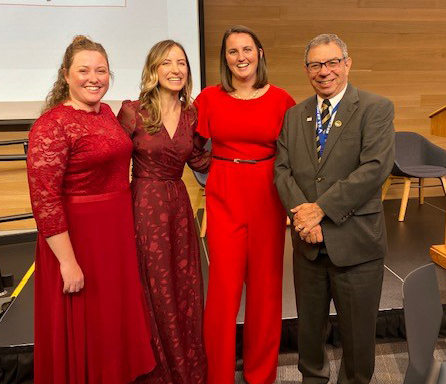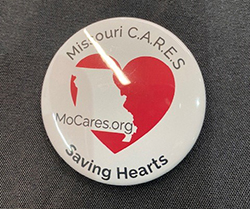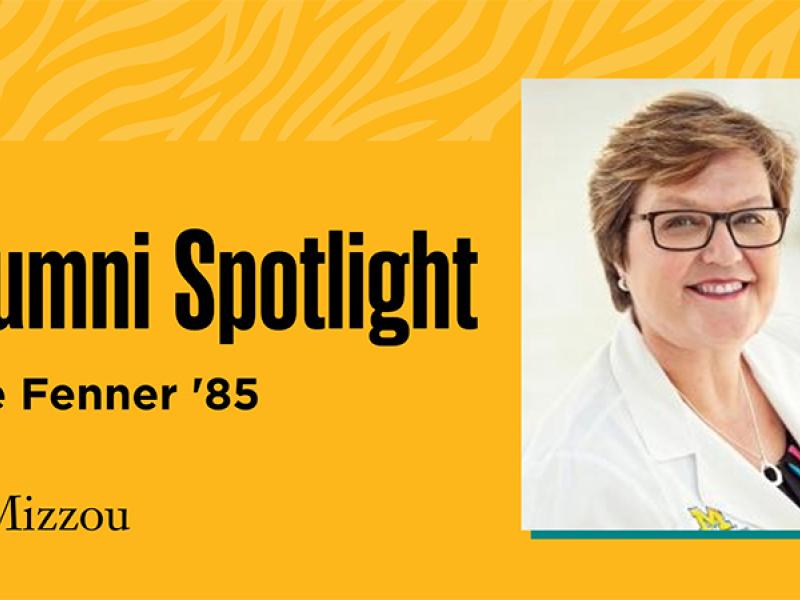Dear Colleagues,
Our health system is doing so much to help save and improve lives for Missourians. I recently learned how one program is making a tremendous impact to raise awareness of cardiac arrest education.

Our Department of Emergency Medicine is the host site for the statewide Cardiac Arrest Registry to Enhance Survival (C.A.R.E.S.) program. Through C.A.R.E.S., emergency response organizations around the state join as members to promote education and awareness of the public on sudden cardiac arrest and what each person should know when this happens. I was recently able to attend the State of the Heart Gala to hear how this program is saving lives.
C.A.R.E.S. is the only comprehensive registry which tracks a victim of out-of-hospital cardiac arrest from the moment someone calls 911 until the time they leave the hospital. This database improves survival by allowing EMS agencies and hospitals to review patient outcomes and recognize every detail of the patient’s cardiac arrest event.
In addition to our own C.A.R.E.S. EMS agencies and hospital representatives and stakeholders, a number of survivors of cardiac arrest attended the gala and shared their experiences. It was both inspiring and humbling to hear their stories. The gala itself serves an important purpose. As a national registry, C.A.R.E.S. requires statewide registration fees each calendar year. The State of the Heart Gala is the only event in the state to raise funds to pay for the registry fee, aiming to keep participation free for all interested EMS agencies in Missouri.
With management by our Department of Emergency Medicine and support from MU Health Care, the Missouri C.A.R.E.S. program allows us to leverage our unique strengths and national partnerships to improve survival from sudden cardiac arrest throughout the state.

Under the leadership of Dr. Matt Robinson, chair of emergency medicine, the team has hosted more than 20 community events this year to spread awareness and educate our community members throughout the state on high-quality bystander CPR and how to use automated external defibrillators (AEDs). They have nearly doubled our EMS agency participation in the past year and now cover roughly 3.9 million people across our state! They are continuing to expand this network and ensure that more Missourians are surviving from sudden cardiac arrest. Great work!
Sincerely,

Rick Barohn, MD
Executive Vice Chancellor for Health Affairs and Hugh E. and Sarah D. Stephenson Dean, School of Medicine
rbarohn@health.missouri.edu





